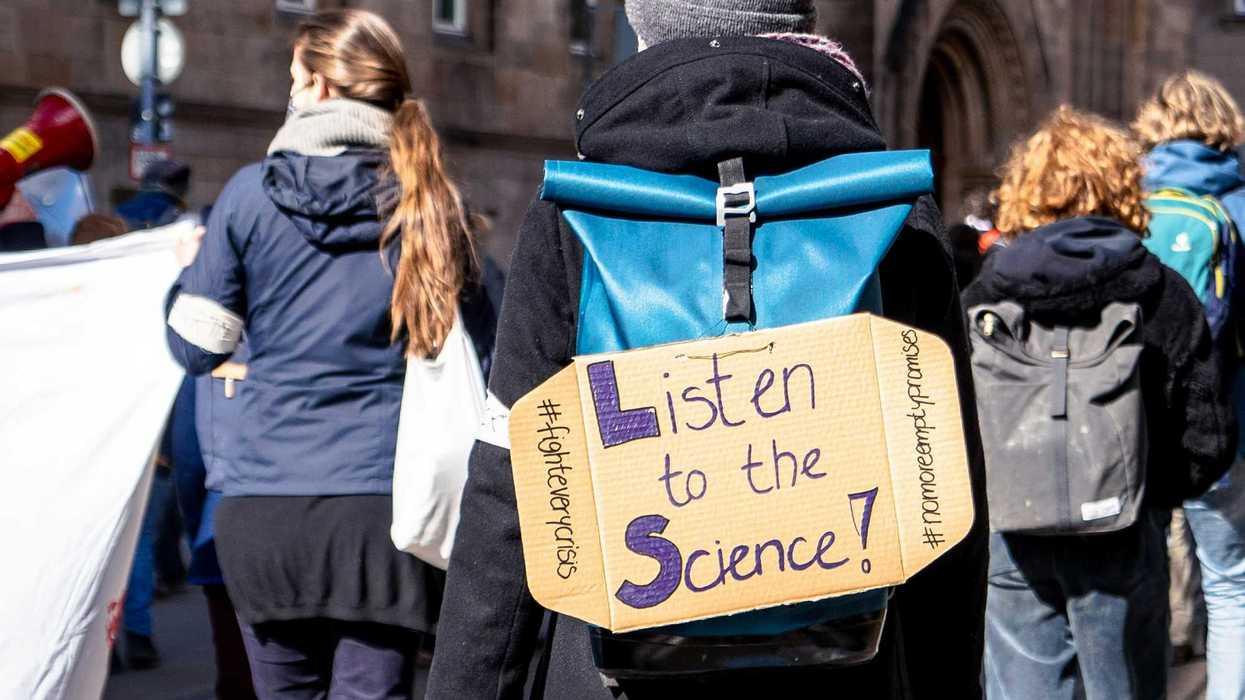Recent research reveals that microplastics have permeated human organs, including the brain, liver, and kidneys, with potential health implications.
Carolyn Kormann reports for New York Magazine.
In short:
- In 2024, toxicologist Matthew Campen discovered that the adult human brain contains about a disposable spoon's worth of plastic, a 50% increase from eight years prior.
- Studies have found microplastics in human tissues such as placentas, breast milk, and semen, suggesting widespread infiltration of our bodies.
- Research indicates potential links between microplastic exposure and health issues like cardiovascular disease, reduced sperm count, and certain cancers.
Key quote:
"I can say, with a high degree of confidence, that microplastic particles are in the bodies of virtually every American today."
— Philip Landrigan, pediatrician and epidemiologist at Boston College
Why this matters:
The pervasive presence of microplastics in human organs raises serious health concerns. Reducing personal exposure to microplastics can be challenging, but opting for glass or metal food containers, using natural fiber clothing, and installing high-quality water filters are practical steps. Experts however, emphasize that individual actions, while beneficial, are not sufficient. As research continues to uncover the extent of this issue, it becomes increasingly clear that collective action is necessary to mitigate the impact of microplastics on both our planet and our health.
Read more:














